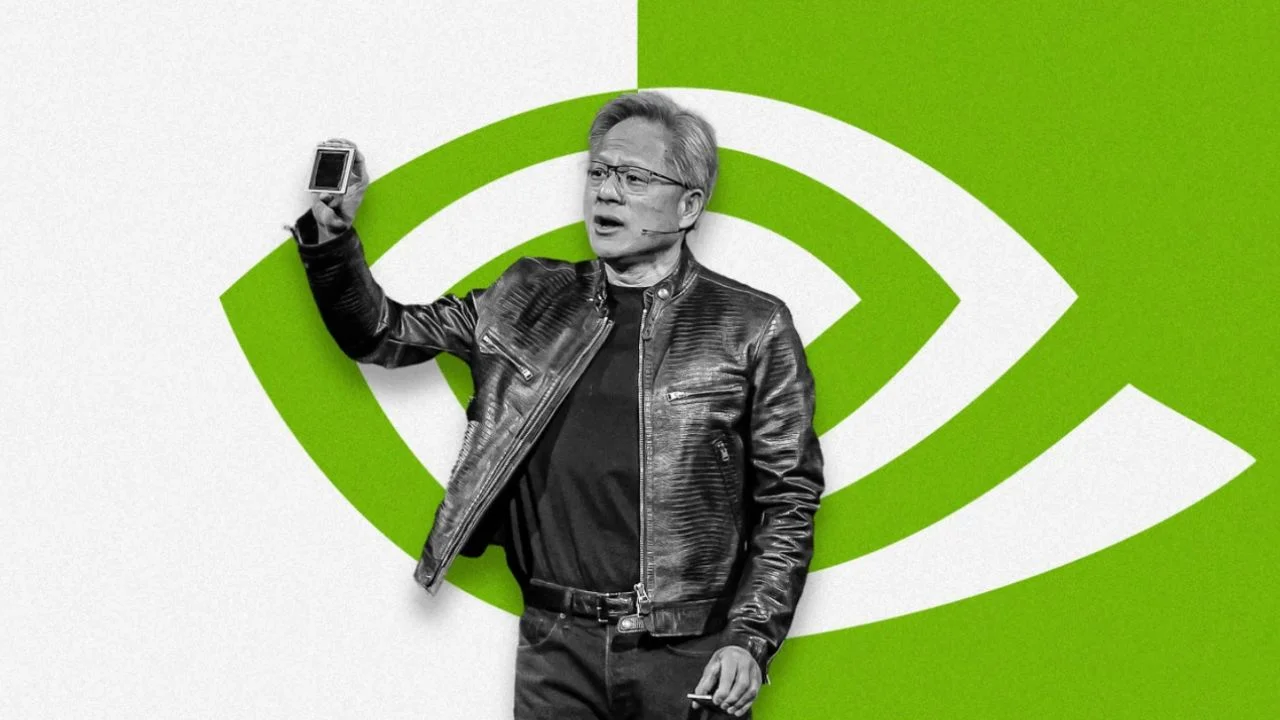
In a groundbreaking move that reinforces its leadership in artificial intelligence (AI), Nvidia has acquired OctoAI, a Seattle-based startup known for its pioneering work in generative AI solutions. Valued at $250 million, this acquisition marks Nvidia’s fifth major buy in 2024 and signals its intent to build a comprehensive AI infrastructure for enterprises. As AI continues to revolutionize industries, Nvidia’s latest acquisition aims to make enterprise-level AI more accessible, efficient, and scalable.
Originally named OctoML, OctoAI was founded in 2019 as a spin-off from the University of Washington’s Apache TVM project. Initially, the startup focused on optimizing AI model performance across multiple hardware platforms, helping developers streamline AI deployments. Over time, the company recognized the rising importance of generative AI, shifting its focus toward becoming a leader in this emerging technology.
Under the guidance of CEO Luis Ceze, OctoAI evolved into a developer-first company offering powerful tools for enterprise-grade generative AI models. Their flagship platform, OctoStack, allows businesses to deploy and scale AI models with unparalleled flexibility. By simplifying AI infrastructure, OctoAI has enabled companies from startups to Fortune 500 giants to harness the power of generative AI.
Nvidia’s acquisition of OctoAI comes at a pivotal time. As businesses strive to integrate and scale generative AI, Nvidia aims to be the go-to provider of AI infrastructure. OctoAI’s cutting-edge technology offers a hardware-agnostic platform that optimizes AI models across various chip architectures, including Nvidia’s competitors like AMD and Intel. This approach aligns perfectly with Nvidia’s long-term strategy of delivering a flexible, end-to-end AI stack that enterprises can rely on regardless of their hardware choice.
This acquisition will allow Nvidia to expand beyond its core GPU ecosystem and capture a broader market share in the enterprise AI space. By incorporating OctoAI’s versatile tools, Nvidia aims to offer a seamless and scalable solution for businesses seeking to implement generative AI models.
Generative AI, known for creating content such as text, images, and code, is becoming an indispensable tool for businesses across industries. However, implementing these AI systems on a large scale can be complex and costly. OctoAI’s platform addresses these pain points, providing users with customizable model deployment options and supporting well-known models like Meta’s Llama and Stable Diffusion. This makes AI implementation accessible even to non-experts, offering companies huge cost savings and efficiency improvements over DIY solutions.
Additionally, OctoAI’s cloud-based platform supports diverse chip architectures, offering businesses the flexibility to choose the most cost-effective and high-performance hardware, whether it’s Nvidia’s GPUs or rival solutions. Nvidia’s acquisition of OctoAI not only enhances its existing AI offerings but also gives it a leg up in becoming the premier provider of enterprise AI solutions across industries.
This acquisition wasn’t an isolated event—it’s a culmination of ongoing collaboration. Earlier this year, Nvidia and OctoAI partnered to optimize Nvidia’s Inference Microservices (NIM) using OctoAI’s advanced compiler technology. This partnership laid the foundation for what would eventually become the acquisition, showcasing the strategic synergy between the two companies.
This deal builds upon Nvidia’s larger strategy of acquiring complementary AI startups. In March 2024, Nvidia bought Run, an Israeli startup focused on AI infrastructure orchestration, further cementing its foothold in the AI space. With both Run’s orchestration capabilities and OctoAI’s model optimization technology, Nvidia can now offer a full-spectrum AI stack that handles everything from model development to large-scale deployment.
One often-overlooked aspect of such deals is the infusion of top talent that comes with them. OctoAI’s team, which includes some of the brightest minds in AI compilers and hardware optimization, will now be part of Nvidia’s R&D division. This access to skilled talent strengthens Nvidia’s research and development capabilities, further solidifying its competitive edge in the rapidly evolving AI industry.
While this acquisition positions Nvidia to dominate the enterprise AI market, it’s not without challenges. OctoAI’s existing partnerships with Nvidia’s competitors—such as AWS, AMD, and Qualcomm—could complicate the integration process. Nvidia will have to balance maintaining these relationships while seamlessly incorporating OctoAI’s technology into its ecosystem.
There’s also the potential for regulatory scrutiny, given Nvidia’s dominant position in the AI hardware market. As Nvidia continues to acquire key players in the AI space, concerns may arise around market concentration and anti-competitive practices. The company will need to demonstrate that its acquisitions foster innovation, rather than stifle competition.
Despite potential challenges, the benefits for enterprises are undeniable. By integrating OctoAI’s tech into its broader platform, Nvidia will enable businesses to deploy AI models faster, more efficiently, and at a lower cost. This is crucial as more companies look to leverage AI to drive innovation and improve productivity across sectors such as healthcare, finance, and retail.
OctoAI had already laid the groundwork for industry-specific AI solutions, with plans to expand into sectors like healthcare. This dovetails perfectly with Nvidia’s existing strategy of developing tailored AI solutions for key industries. By working together, the two companies will likely accelerate the adoption of generative AI in specialized fields, opening new revenue streams for Nvidia while meeting the growing demand for AI-driven business transformation.
Nvidia’s acquisition of OctoAI marks a turning point in the world of enterprise AI. By combining their strengths, Nvidia is positioning itself as the leading provider of generative AI infrastructure, capable of serving businesses across a wide range of industries. Although challenges lie ahead, this bold acquisition opens the door to exciting new possibilities in the AI space, promising to transform how businesses approach AI development and deployment.
For businesses eager to capitalize on the AI revolution, Nvidia’s acquisition of OctoAI is a game-changer—one that could set new standards for AI infrastructure, deployment, and scalability in the years to come.
Subscribe and get 3 of our most templates and see the difference they make in your productivity.
Includes: Task Manager, Goal Tracker & AI Prompt Starter Pack
We respect your privacy. No spam, unsubscribe anytime.